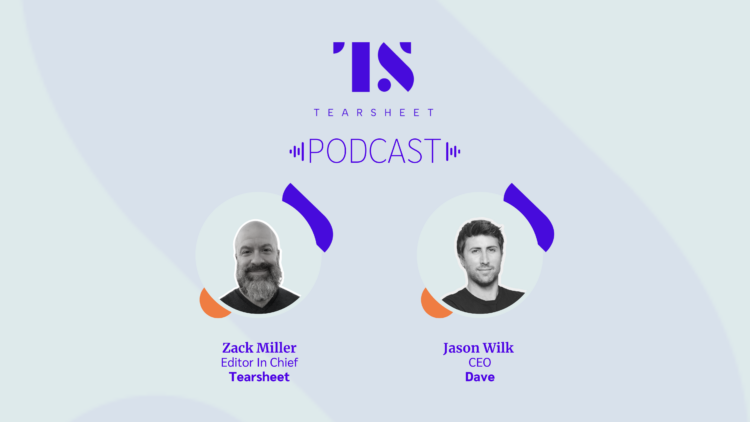Podcasts
‘Our customer acquisition engines are working very well’: Dave’s Jason Wilk
- Dave's recent quarter showed some leverage in the marketing funnel and investments the firm has made in AI.
- CEO Jason Wilk joins us on the podcast to talk about the role ExtraCash, the firm's overdraft loan, plays in the firm's model.








